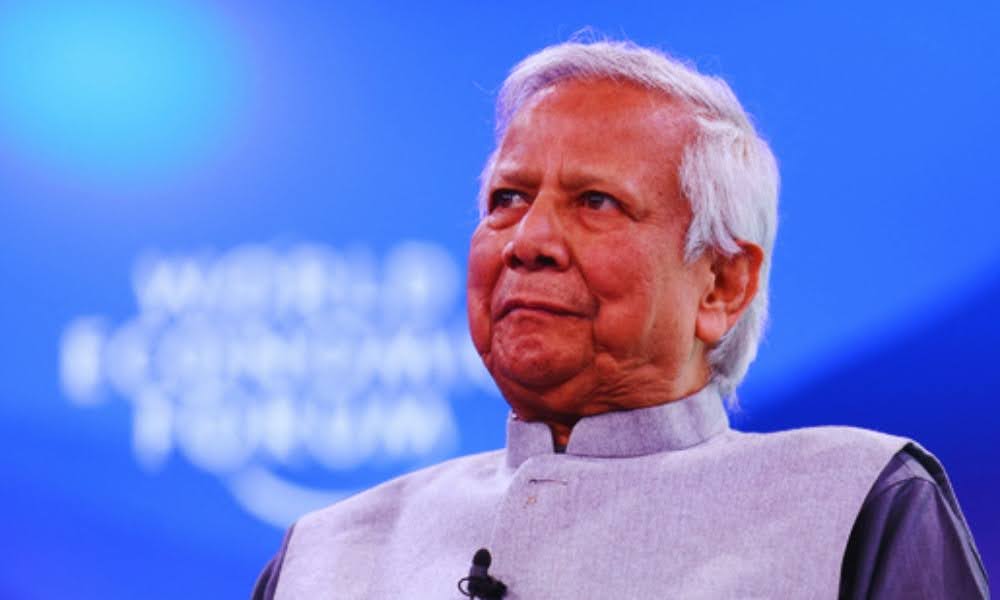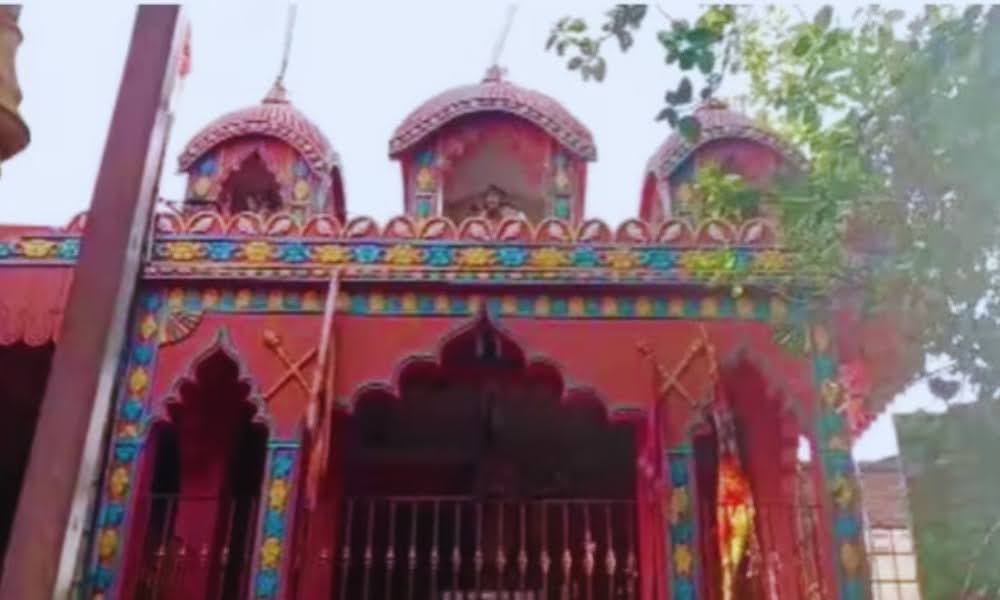Assam CM Himanta Biswa Sarma Says 330 ‘Illegal Immigrants’ Pushed Back, Vows Intensified Action

Assam Chief Minister Himanta Biswa Sarma has declared a significant policy shift by invoking the Immigrants (Expulsion from Assam) Order of 1950 to accelerate the expulsion of undocumented migrants.
This move aims to reduce dependence on Foreigners Tribunals (FTs), which have long been the primary mechanism for deciding citizenship disputes in the state.
Invoking a Forgotten Legal Provision
While addressing the media in Nalbari district, the Chief Minister stated that Assam would now act under the 1950 Order, which remains legally enforceable and allows district commissioners to issue expulsion orders without waiting for judicial approval.
“The Supreme Court, during the hearing of the Clause 6A matter under a Constitution Bench, clearly observed that Assam does not always need to go through the judiciary to identify and deport foreigners,” said Sarma.
He noted that the law had been overlooked due to lack of awareness, but moving forward, it would serve as the foundation of Assam’s deportation strategy.
“There is an existing law — the Immigrants Expulsion Order — which permits district authorities to act directly. We were unaware of this until recently, as our lawyers had not flagged it. But we will now act on it,” he explained.
Supreme Court Observations and New Strategy
Citing recent Supreme Court remarks supporting Assam’s administrative powers, Sarma said the government would deport individuals not involved in ongoing court cases.
“The numbers are increasing, and they will continue to rise if we don’t act. From now on, when someone is identified as a foreigner, and the case is not already in court, we won’t wait — we will push them back. And if needed, we will do it repeatedly,” he said.
According to Sarma, earlier delays caused by the National Register of Citizens (NRC) process had hindered deportation efforts. The rediscovery of the 1950 order, backed by the apex court, has opened up new avenues for enforcement.
Foreigners Tribunals to Play a Limited Role
Assam currently has 100 operational Foreigners Tribunals. These were introduced in 2005 to evaluate the status of individuals flagged by the Border Wing of Assam Police.
Until now, FTs served as the default path to confirm foreigner status, especially of suspected Bangladeshi nationals.
The Chief Minister emphasized that the newly announced approach would not interfere with ongoing legal proceedings. Instead, it would target cases not yet brought before any judicial forum.
Pushback Against Allegations and Opposition Concerns
While addressing the Assembly, Sarma reiterated the government’s commitment to protecting indigenous Assamese people. “I am an Assamese first and a Chief Minister later,” he said, underlining the emotional and political weight of the move.
He added, “The state government is set to use the 1950 law to expel the illegal immigrants here. The apex Court of the country has also given a nod regarding this. The administrative machinery will work accordingly to make Assam free from illegal immigrants.”
However, this approach has raised concerns among opposition leaders and rights groups, who argue that bypassing legal scrutiny could lead to arbitrary actions and communal profiling.
Legal and Ethical Ramifications of the Policy
Though Sarma referenced the Supreme Court’s 2024 ruling affirming Section 6A of the Citizenship Act, critics argue that the judgment did not dismantle existing procedures involving Foreigners Tribunals.
Instead, it allowed the 1950 Order to be used alongside current mechanisms, not as a replacement.
The abrupt use of executive discretion could threaten the right of individuals to fair hearing, critics caution. Many worry that innocent people, especially those from marginalized communities, may be misidentified or wrongly expelled.
Historical Context and Contemporary Implications
Assam has a long and complex history with migration, particularly from across the Bangladesh border. Since Partition and the creation of Bangladesh, waves of migration have sparked fears of demographic change and threats to cultural identity.
The Assam agitation in the 1980s was one such movement fueled by these anxieties.
Sarma’s approach seeks to address those concerns with what he describes as a more efficient process. He has also previously used charged terms like “land jihad” and “flood jihad,” drawing criticism for polarizing rhetoric.
Recent Deportations and Federal Pressure
Sarma revealed that 330 undocumented individuals had been deported to Bangladesh in recent weeks. The policy shift is in alignment with the Union Home Ministry’s broader push against illegal immigration, particularly from Bangladesh and Myanmar.
However, as elections approach in Assam, questions remain whether the issue is being politicized. While security concerns are valid, critics argue that sweeping measures must not come at the cost of civil liberties and legal safeguards.
The government’s plan to fast-track deportation using an old legal provision has sparked both support and criticism.
As Assam gears up for increased enforcement, the balance between national security and human rights remains at the core of the debate.








